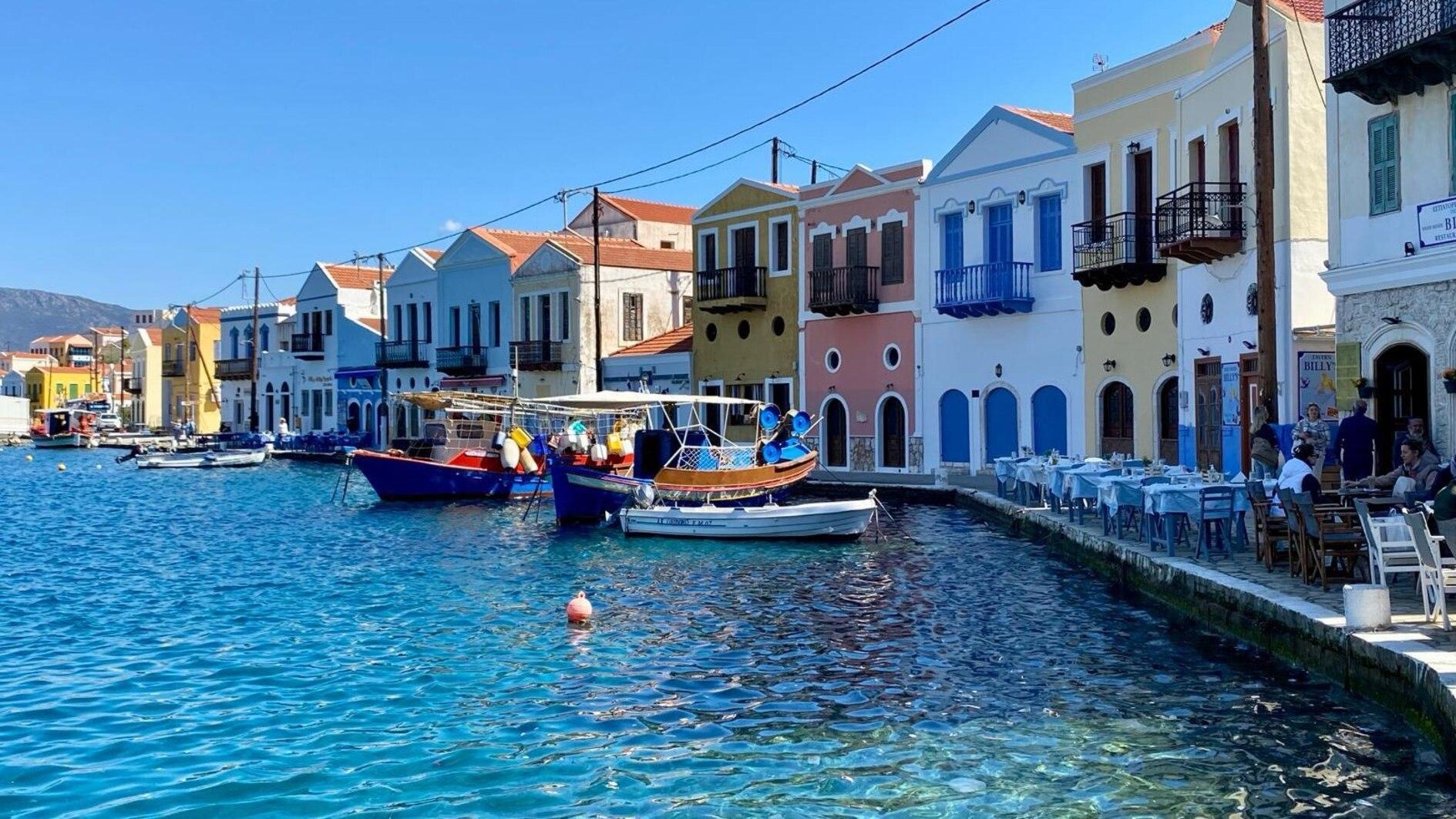What’s the Greek word for suicide?
V., the taverna owner, angrily threw a set of papers that looked official onto the table. One was his electricity bill: 2,888 euros for the past few months. Another was a fine of 623 euros for keeping a kilo of feta cheese without an invoice. The other, around 500 euros, was for keeping a few kilos of other ingredients without an invoice. “If this is stability, then I won’t vote for stability,” he said. “But I won’t vote for suicide either.”
People on this northern Aegean island have quite confused minds about the forthcoming election. P. deeply dislikes SYRIZA’s extremely populist rhetoric but, typically Greek, he is leaning toward suicide: “Perhaps to rise again we have to hit the bottom.”
Greece looks like Turkey in 2000-2001, but Greeks’ “Recep Tayyip Erdogan” (or Vladimir Putin, or Narendra Modi) is not a devout Orthodox Christian, nor a nationalist. SYRIZA’s leader, Alexis Tsipras, the front-runner in the Greek elections, has put together a coalition of the far left, the “revolutionary left,” communists of all hues, moderate leftists, Europe-oriented leftists, out-of-Europe-oriented leftists, and others. According to polls, SYRIZA is a few percentage points ahead of incumbent Prime Minister Antonis Samaras’ New Democracy.
In a recent speech in Heraclion, the largest city on Crete, Tsipras — trying to flatter his Cretan audience — said: “We will beat the drums, and they [the markets] will dance! Or, since I am in Crete, we will play the [Cretan] lyre, and they will dance the [Cretan dance] pentozali!”
A joke circulated immediately: “Why has Putin now been put into a tight corner by the markets? Because he doesn’t have a Cretan lyre to play and force the markets dance the pentozali!”
Skeptics think that Tsipras embodies all the vices of the typical Greek demagogue: He tells a nation that feels defeated exactly what it wants to hear, in defiance of logic. If Tsipras comes to power and does what he has promised, Greece will have to abandon the euro, revert back to the drachma, and start printing its currency in the National Mint. Either Greece out of the eurozone, back to the drachma and paying its debts, or Greece opting for default but paying its army of civil servants happily in drachma bills? It does not add up. But many voters do not seem to be concerned with such puzzles, nor with logic. They are tempted to vote for the politician who promises them the impossible. Which, in the words of an Athenian friend, “risks taking Greece back to the Third World.”
“But Tsipras will want to avoid having to escape by helicopters from the roof of some government building, so he won’t revert to the drachma,” my friend adds. “Thus, only one option remains: To make an about-face and take back the promises he made before the elections. Do his voters realize that? Hardly. Their concern is ‘to get rid of the parties that brought us to this situation.’” (How very Turkish and 2000/2001!).
Greeks are being asked to decide, essentially, whether to continue with current policies or to “break with the past” and jump into the void — without the safety net called “the EU” — by voting for Tsipras.
But in the event that SYRIZA forms a government, my friend’s crystal ball says the following: “After a few months Tsipras and his cohorts will need two helicopters to escape from the roof of some building, chased by voters who went to the supermarket to buy rice and didn’t find a single grain; who wanted to buy toilet paper and were told that there is a shortage and they must make do for now with the printed pages of the governing party’s daily newspaper; who wanted to buy milk for their children, took it from the shelf while holding 500 million drachmas, only to find at the cashier that the price of milk had gone up again, to 1 billion drachmas. Also note that a second helicopter will be needed as a backup, because the first one will malfunction - being a gift to Tsipras from comrade Putin of the also bankrupt Russia.”










